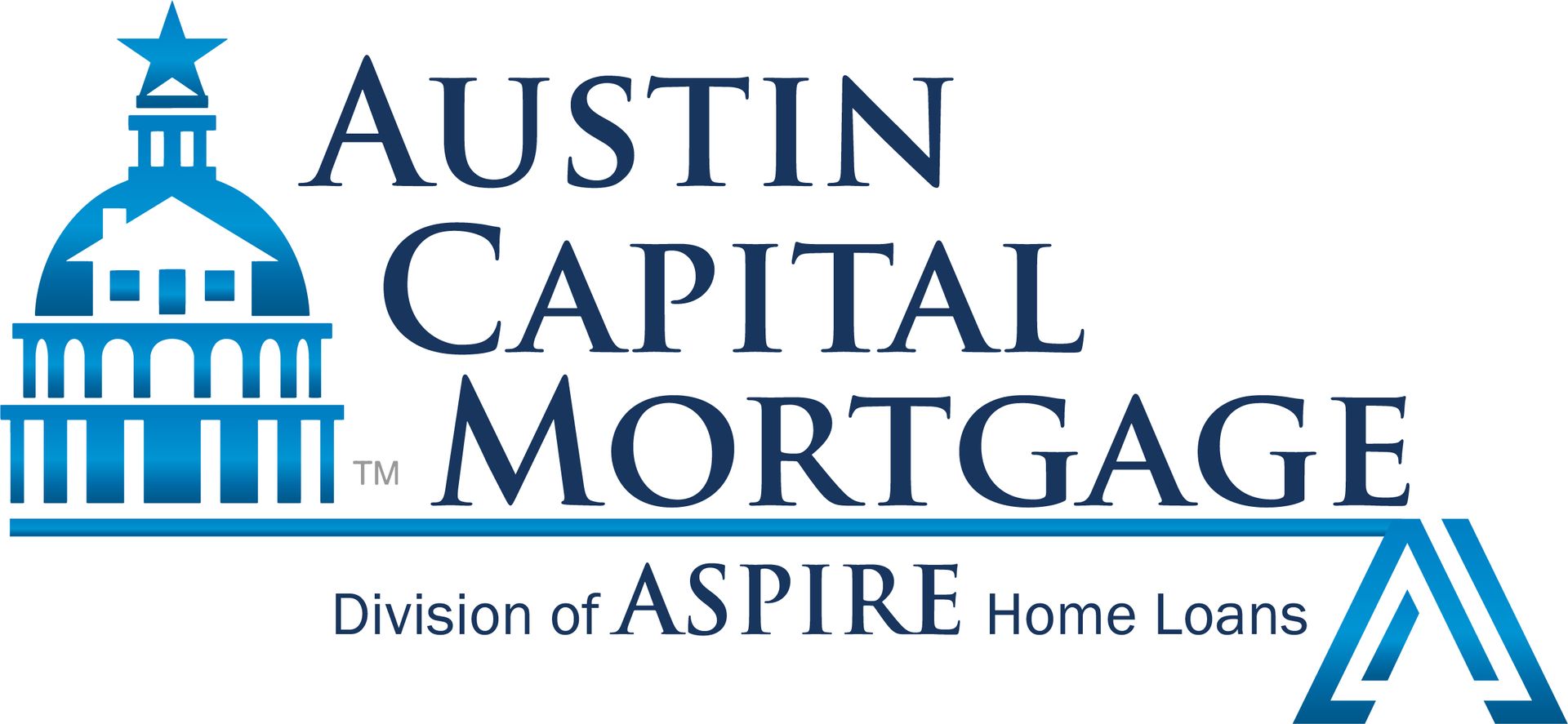WE’RE HERE TO HELP YOU
Jumbo Loans in Austin Texas – Get the Financing You Deserve
Looking to buy a luxury home in one of Texas’s fastest-growing cities? Whether you're upgrading your lifestyle or investing in prime real estate, our jumbo loans in Austin, Texas are designed to help you finance more than the conventional limits allow — with as little as 10% down.
What is a Jumbo Home Loan?
A
jumbo loan (also called a jumbo mortgage) is a type of home loan used to finance properties that exceed the
conforming loan limits set by Fannie Mae and Freddie Mac. In 2025, that limit was
$548,250 for most U.S. counties. However, in
Texas, and especially in high-value markets like
Austin, home prices often go well beyond that threshold and as of 2025 is
$806,500
Jumbo home loans are designed for borrowers who need to finance a larger home or property that exceeds the conforming loan limit. Because jumbo loans are considered higher risk by lenders, they typically require a larger down payment, a higher credit score, and more stringent income and asset requirements than conforming loans.
Jumbo loans can be fixed-rate or adjustable-rate mortgages, and may come with higher interest rates and fees than conforming loans. However, for borrowers who need to finance a larger home or property, a jumbo home loan can provide the necessary funding to make the purchase.
Why Choose Our Jumbo Loans in Austin, TX?
Austin’s real estate market is booming — and so is the need for financing that keeps up with rising home values. Our Austin jumbo loan offerings are designed for today’s market, providing:
- Loan amounts that exceed conforming limits
- Down payments as low as 10%
- Competitive mortgage interest rates for jumbo loans
- Flexible terms (fixed-rate and adjustable-rate options)
- Fast approvals and expert local support
Whether you're buying in Downtown Austin, Westlake, Lake Travis, or the Hill Country, we’re here to make your financing journey smooth and stress-free.
How Do Mortgage Interest Rates for Jumbo Loans Compare?
When it comes to mortgage interest rates for jumbo loans, rates can sometimes be slightly higher than those for conventional loans. This is because jumbo loans represent more risk to lenders. However, the actual rate depends on your financial profile, credit score, loan amount, and down payment.
The good news? We offer competitive jumbo loan rates in Texas, often comparable to — or even better than — conforming loan rates for well-qualified borrowers.
We’ll help you compare options and choose the best rate for your needs, whether you’re looking for a 30-year fixed jumbo loan or a more flexible adjustable-rate mortgage (ARM).
Jumbo Loan Refinance Options in Texas
Already have a jumbo mortgage? You may be able to:
- Refinance for a better interest rate
- Lower your monthly payment
- Cash out equity for renovations or investments
- Shorten your loan term and pay off your mortgage faster
Our Texas-based team can help you explore jumbo refinance options and run the numbers based on your goals.
Put your mortgage to work
for you
Cash out
Leverage your investment and take advantage of the equity your home has built for years.
Great For
Renovating your home
Paying down high-interest debt
Lower payments
Increase your financial security by refinancing to lower your monthly mortgage payment.
Great For
Increasing cash flow
Saving for retirement
Reduce loan term
Why wait when you can refinance into a shorter term and pay your mortgage off.
Great For
Reducing interest
Paying off mortgages faster
Calculate How Much Home Loan
You Can Afford
FAQs
Got a question? We’re here to help.

